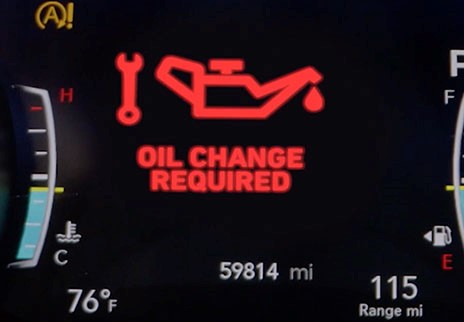Oil changes are a routine part of vehicle maintenance, but have you ever wondered if changing your oil can affect your engine coolant? In this article, we will explore the relationship between oil changes and engine coolant, and whether one can impact the other.
Understanding Oil Changes
Oil changes are essential to keep your engine running smoothly. Fresh oil lubricates the moving parts of your engine, reduces friction, and helps to dissipate heat. Over time, oil breaks down and becomes contaminated with dirt and debris, which can lead to engine wear and damage if not changed regularly.
Importance of Engine Coolant
Coolant, also known as antifreeze, plays a crucial role in regulating the temperature of your engine. It helps to prevent overheating in hot weather and freezing in cold temperatures. Coolant circulates through the engine, absorbing heat and then releasing it through the radiator.
The Relationship Between Oil and Coolant
Oil and coolant serve different functions in your vehicle, but they can interact in certain situations. While an oil change itself does not directly affect the coolant, there are a few scenarios where the two systems can be linked.
1. Coolant Contamination
If there is a leak in your engine that allows oil to mix with the coolant, it can lead to contamination. This can happen if a gasket or seal fails, allowing the fluids to mix. In such cases, an oil change alone will not solve the issue, and the coolant system will also need to be flushed and refilled.
2. Overheating
If your engine is running hot due to a lack of coolant or a cooling system malfunction, it can impact the oil in your engine. Overheating can cause the oil to break down more quickly and lose its effectiveness in lubricating the engine. Regular maintenance of both the oil and coolant systems is crucial to prevent overheating.
3. Maintenance Schedule
Following a regular maintenance schedule that includes both oil changes and coolant checks is essential for the overall health of your vehicle. Neglecting either system can lead to engine damage and costly repairs down the line.

Credit: www.f150forum.com

Credit: www.vioc.com
Preventing Oil-Coolant Interactions
To prevent any negative interactions between your oil and coolant systems, it’s important to follow these maintenance tips:
- Check your coolant levels regularly and top up if needed.
- Inspect for any signs of coolant leaks or contamination.
- Change your oil at the recommended intervals to ensure optimal engine performance.
- Address any overheating issues promptly to prevent damage to both the oil and coolant systems.
Conclusion
While oil changes and engine coolant serve distinct purposes in your vehicle, they can be interconnected in certain situations. Maintaining both systems properly and addressing any issues promptly is key to ensuring the longevity and performance of your engine. By following a regular maintenance schedule and monitoring both your oil and coolant levels, you can keep your vehicle running smoothly for years to come.
